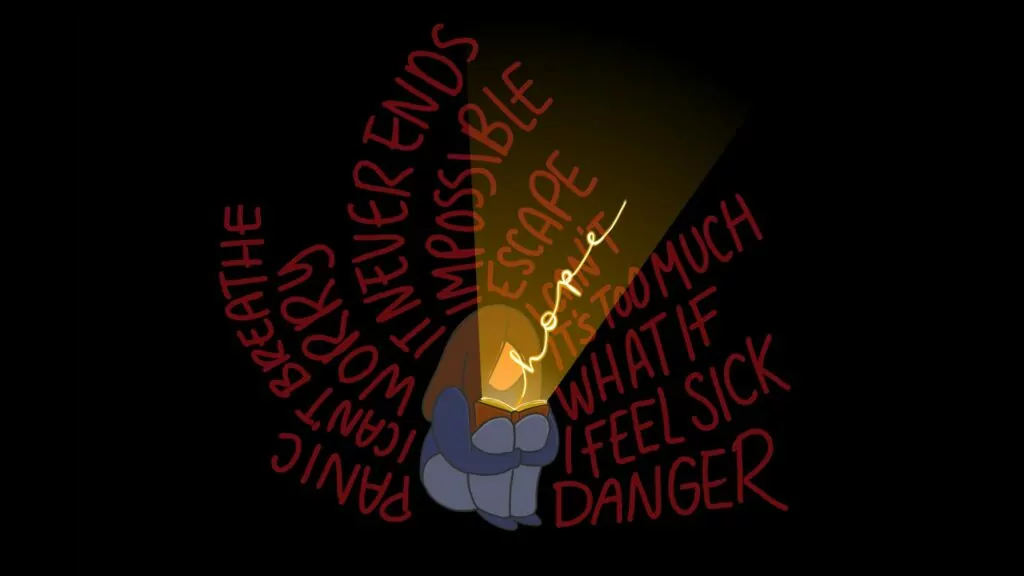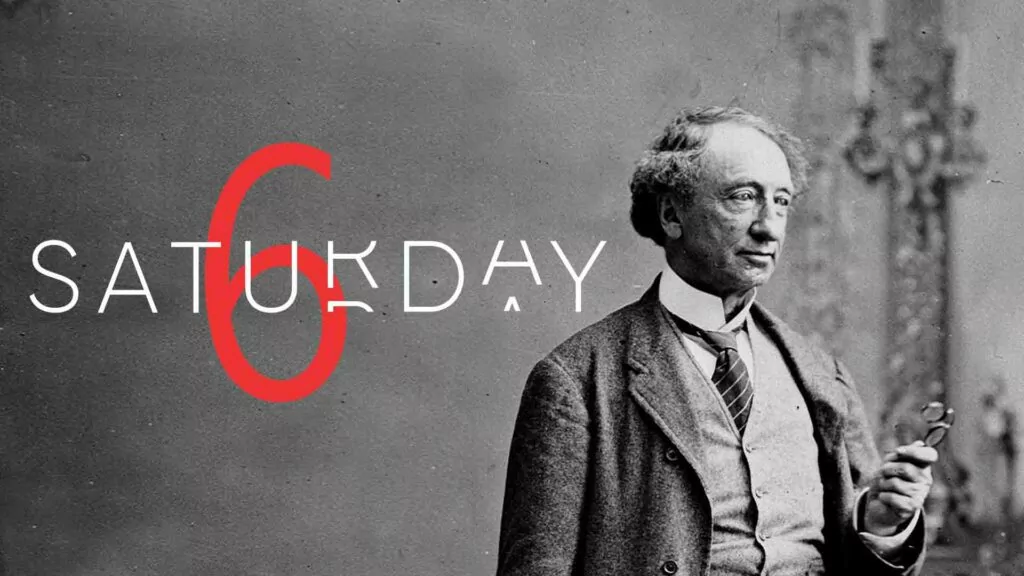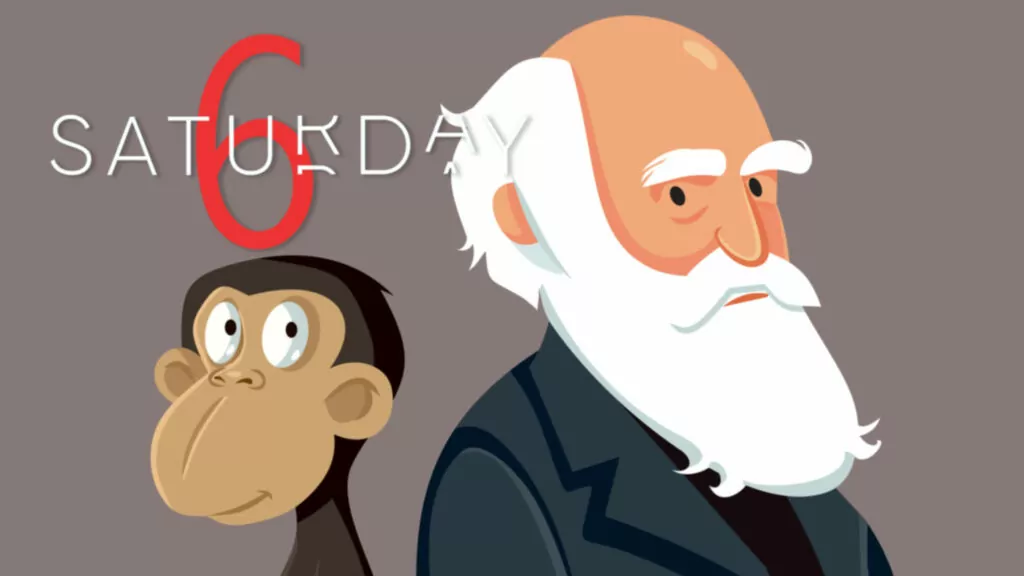
Assorted
Unless the Lord builds the house
"...but Jesus said, ‘Let the little children come to Me and do not hinder them, for to such belongs the kingdom of heaven.’” – Matt. 19:14
*****
A baby was laid into my arms this last week – a little baby boy. His name was Bo Anthony. Bo means “to live” and Anthony means “precious one” or “priceless one.” The parents, my granddaughter Emma, and her husband Sam, told me they would teach Bo to live for the precious One, that is, for Jesus. They also told me that the name Anthony had been chosen in honor of his great-grandfather, Anco, my precious husband. Anco went to be with the Lord last December 2022. I cherish the name my grandchildren chose for their son. They are letting God build their house.
Bo lay in my arms. He was a warm, little bundle of soft, cuddly flesh. Full of his mother's milk, he slept contentedly, totally oblivious to his great-grandmother. Trustingly he fit into the crook of my right arm.
Feeding a newborn is a full-time commitment. Breast milk is ideal. Babies don't need cereal, cookies, or steak. They need milk. All infants in Christ need milk, not solid food. Feeding on the basic nutrients of God's Word, covenant children grow into maturity, grow up into salvation (1 Pet. 2:2). This is the way God builds houses.
Solomon was very aware of this. He composed and sang Psalm 127. Verses 1 and 2 of this Psalm drip with milk and read:
Unless the Lord builds the house,
those who build it labor in vain.
Unless the Lord watches over the city,
the watchman stays awake in vain.
It is in vain that you rise up early
and go late to rest,
eating the bread of anxious toil;
for he gives to his beloved sleep.
A world in need of milk
Bo's birthdate in June of 2023, marks almost one quarter of the way through this twenty-first century. There are many, many people walking about on this century's streets whose houses have not been built by God. They have never swallowed, or have even heard of, God's milk. These folks hide behind cell phone technology, behind laptops and social media. They are, although not usually willing to admit it, unhappy, insecure, unsure, and generally afraid to engage in personal conversation about eternal life and eternal death. The economic outlook today is somber, marriage is on the decline, families are becoming a minority, and most children have no idea that they have been created in the image of Almighty God. Science is touted, Climate Change has morphed into a god, Wokeism is on the rise and politics and the justice system appear to be infiltrated with bribery and power hunger.
All of these are served up on the world's platter resulting in a woefully meager diet for the soul. Worshipping self-reliance, the world has turned away from God. Their toil, their anxiety, and their daily striving is all in vain.
Touch and being touched
Baby Bo grasps my fingers with his tiny hand. His grip is solid and it is amazing to think that such a small hand, barely a week old, can clutch mine so firmly. God has endowed this chubby hand with sensitivity. The threshold of touch, that is to say, the amount of gram weight it takes for a person to sense that an object has come into contact with the skin, has been measured. Although the back of the forearm is triggered by 33 milligrams of pressure, the back of the hand is activated by 12 milligrams. But the fingertips, the fingertips are most sensitive and are stimulated by a mere 3 milligrams. Bo continues to squeeze my fingers.
Hebrews 11:6 tells us that without faith it is impossible to please God, for whoever would draw near to God must believe that He exists. J.C. Ryle calls faith the hand by which the soul lays hold on Christ and is united to Him and saved. Will little Bo's hand grow in strength? Will that strength be planted in his heart by the Holy Spirit? And how will those lilliputian fingers react to the daily things with which it will come into contact?
There are many things which will touch baby Bo. We can look back over our shoulder at history and note that bygone civilizations have totally disappeared – civilizations such as the Babylonian, the Egyptian, the Roman, as well as the empire of Alexander the Great. These powers have long been erased from the map of the world. But others have taken their place. Civilizations always come and go. In Bo's lifetime he will possibly behold the collapse of a number of regimes, as well as the demise of temporal millionaires – men such as Soros, Bezos, Gates and Musk. And he might perceive the dissolution of international godless organizations such as the WEF and the WHO. These regimes, these men and organizations, are all building cities without God. They will all try to touch Bo. They will all try to shape his thoughts. And they will all try to align his values with theirs and position their principles as his.
Baby Bo snuggles into my arm. It is obvious that he is comfortable and feels safe with the embrace he experiences. Touch studies have been conducted with monkeys. In one such study eight baby monkeys were put into a large cage containing a terry cloth mother and a mother figure made out of wire mesh. Both surrogate mothers were fitted with milk flow. Four babies were taught to nurse from the terry cloth mother and four from the wire mesh mother. But all eight babies exhibited a strong need for the terry cloth mother. The four who had been taught to drink from the wire mesh mother went to her only for the feeding. They spent the remaining time hugging, grasping and stroking the terry cloth mother. Intimate soft body contact was essential. As a matter of fact, continued studies showed that many baby monkeys, deprived of warm touch, cowered in the corner of their cages and died.
Dr. Paul Brand and Philip Yancy, in their book Fearfully and Wonderfully Made (Zondervan, 1980), record a remarkable truth. They chronicle:
“As late as 1920, the death rate among infants in some foundling hospitals in America approached 100 percent. Then Dr. Fritz Talbot of Boston brought from Germany an unscientific-sounding concept of 'tender loving care.' While visiting the Children's Clinic in Düsseldorf, he had noticed an old woman wandering through the hospital, always balancing a sickly baby on her hip. 'That,' said his guide, 'is Old Anna. When we have done everything we can medically do for a baby and it still is not doing well, we turn it over to Old Anna, and she cures it.'
“When Talbot proposed this quaint idea to American institutions, administrators derided the notion that something as archaic as simple touching could improve their care. Statistics soon convinced them. In Bellevue Hospital in New York, after a rule was established that ill babies must be picked up, carried around, and 'mothered' several times a day, the infant mortality rate dropped from 35 percent to less than 10 percent.”
Exercising our muscles
The church is the body of Christ. It is a house built by God. It is a house that should be touching and carrying the ill, lonely and feeble in prayer care. It has been constructed by God, and should be a visible manifestation of His commandments. Jesus often touched people when He healed. His touch radiated love, power and hope. The church, the body of Christ, is fearfully and wonderfully made.
As I hold baby Bo on my lap he stretches out his tiny arms above his head, giving me an unprompted smile. There are many sorrowful things going on in this world in which he has been placed by God. Jealousy, envy and fear are etched on the faces of countless members of society. Commandments, freely and lovingly given by God, are held up to be inaccurate. Truth is hidden and people are afraid to speak up for truth for fear of being called bigots or racists. The world has become a dark, dark place. It needs light.
Seventy separate muscles contribute to hand movements. Little Bo has no inkling as yet that God has endowed him with such a gift as seventy separate muscles in both his right and his left hand. But a muscle must be exercised for it to grow and to work. Will he exercise his hands under the management of his Lord and Savior? Before Bo was born, God planned this little child's life. He has given this baby God-fearing parents and He has placed milk in his crib via his mother's breast and God's Word. In this way He gives His beloved children sleep.
Train up a child in the way he should go; even when he is old he will not depart from it. So Proverbs 22:6 tells us. It is a sobering responsibility, and a wonderful promise.






























